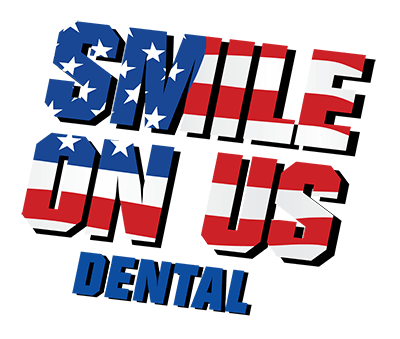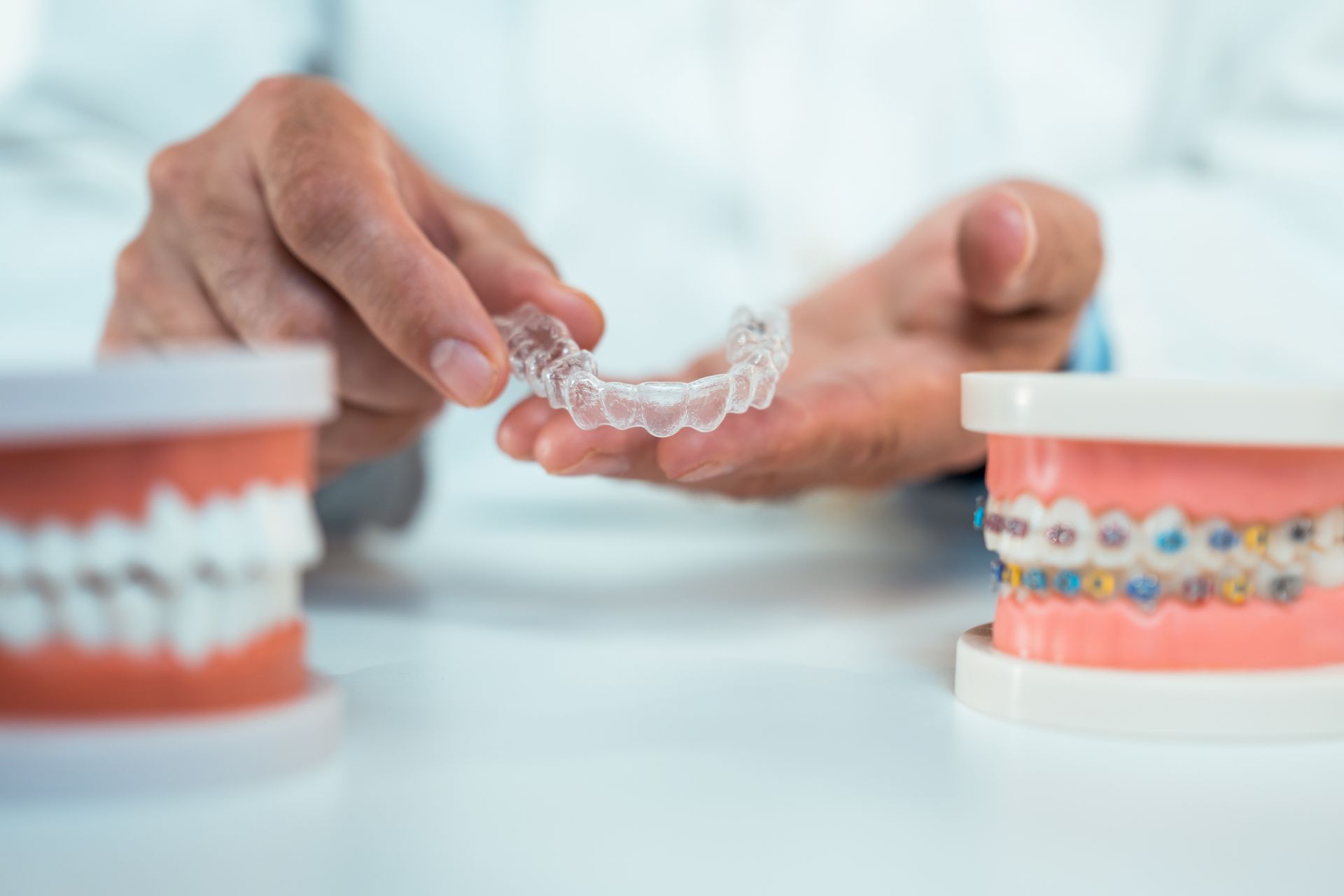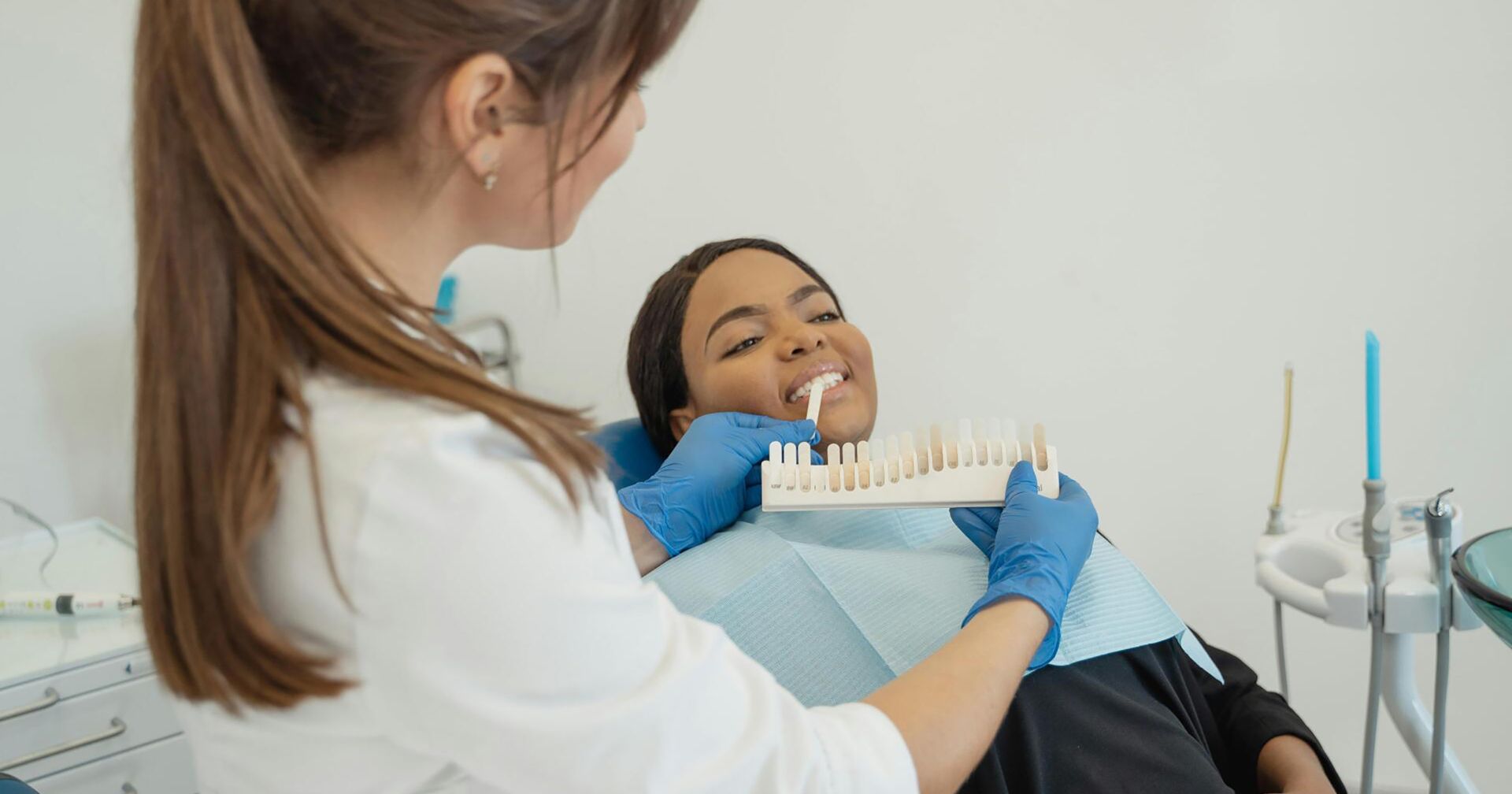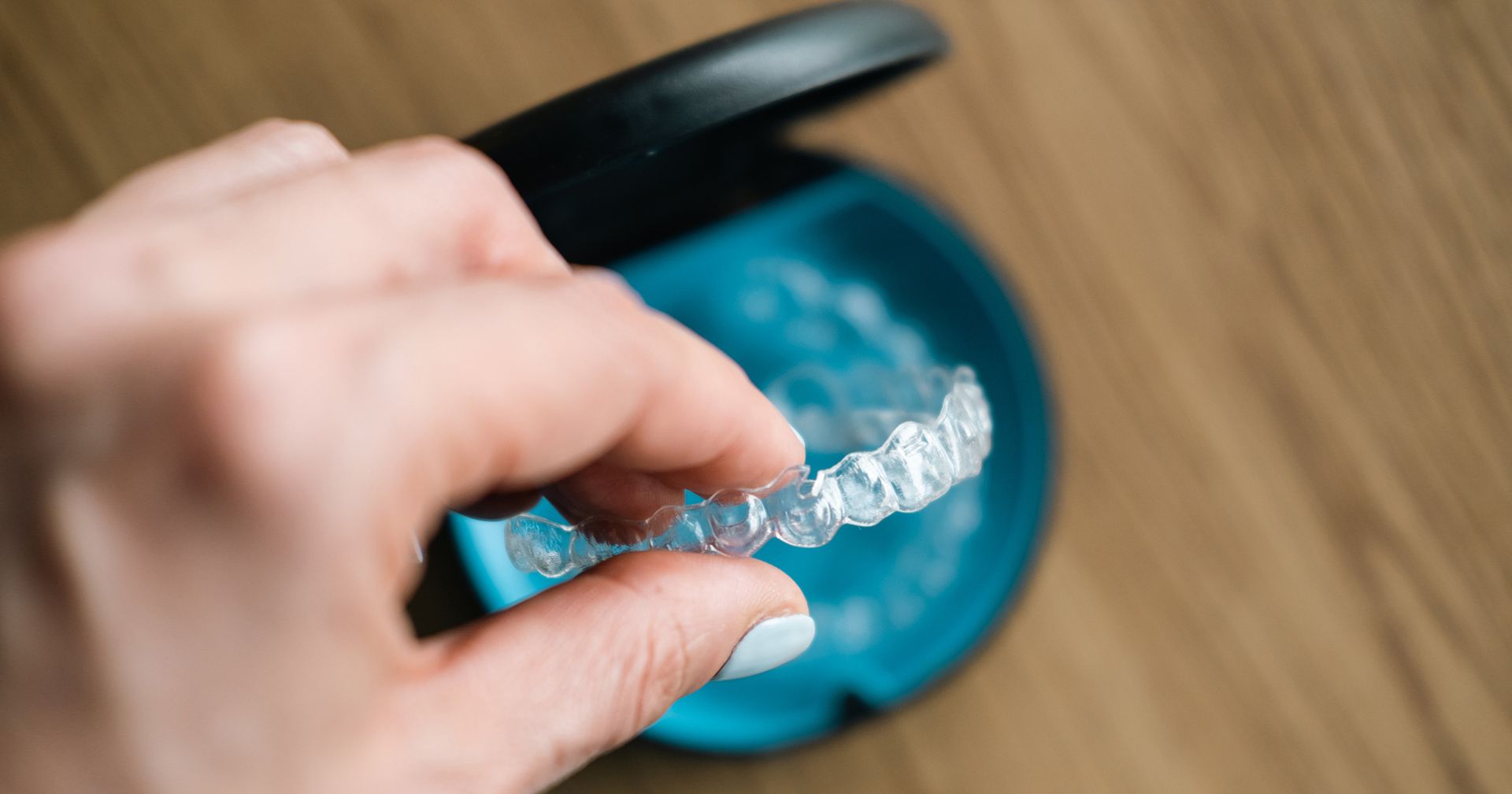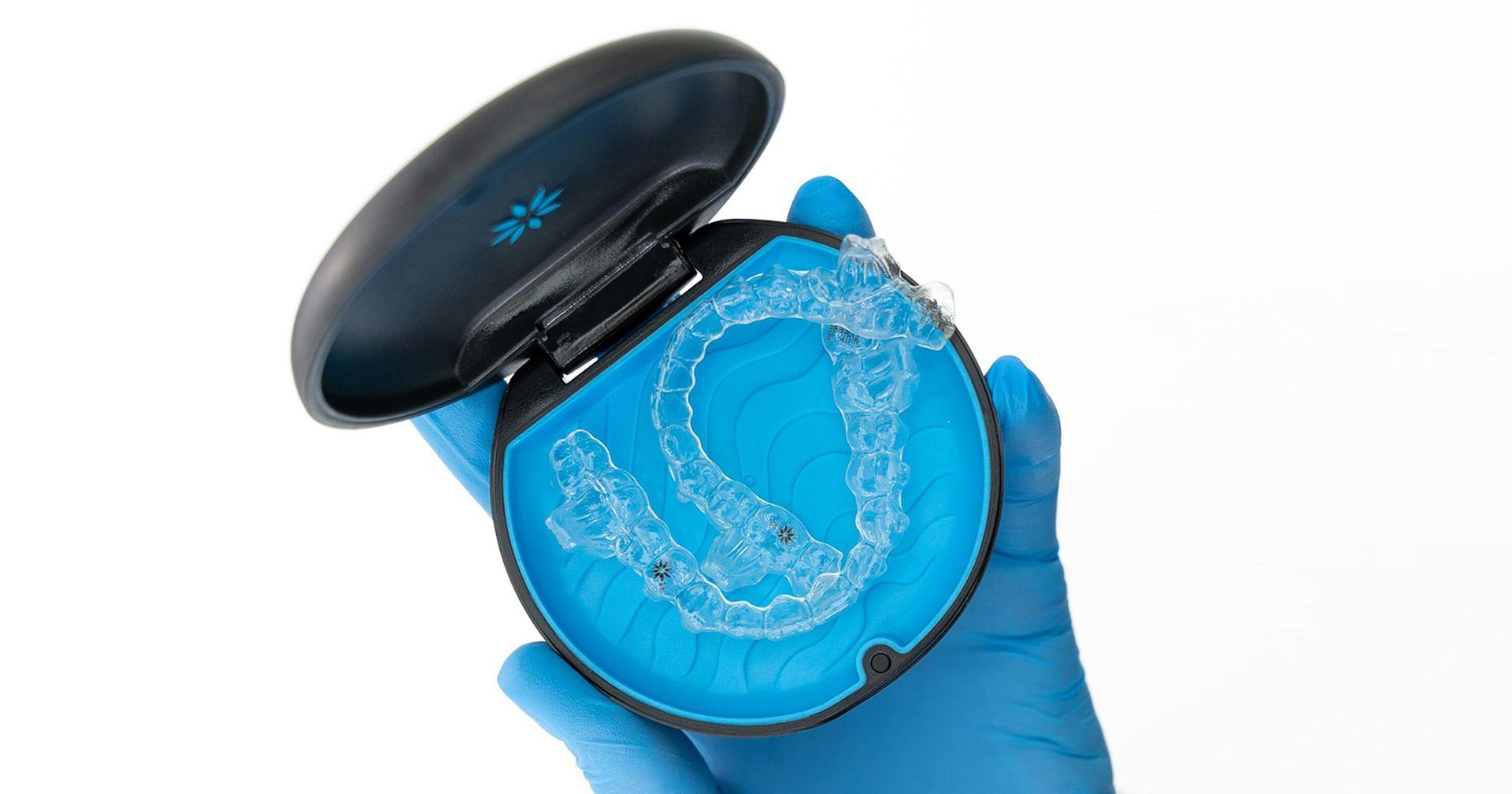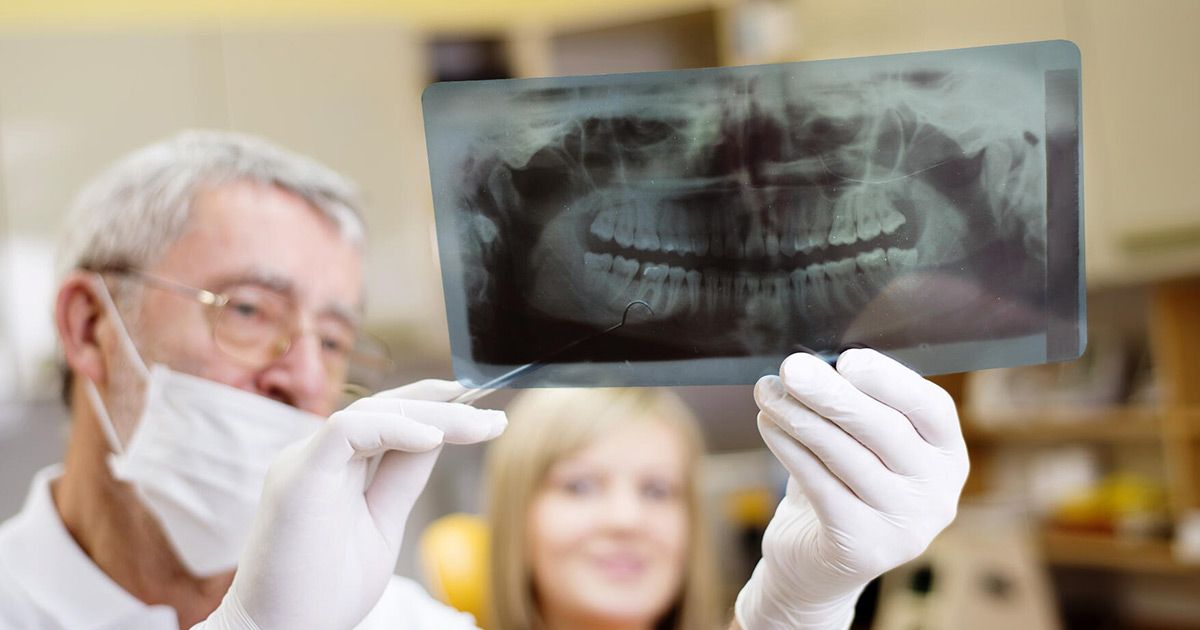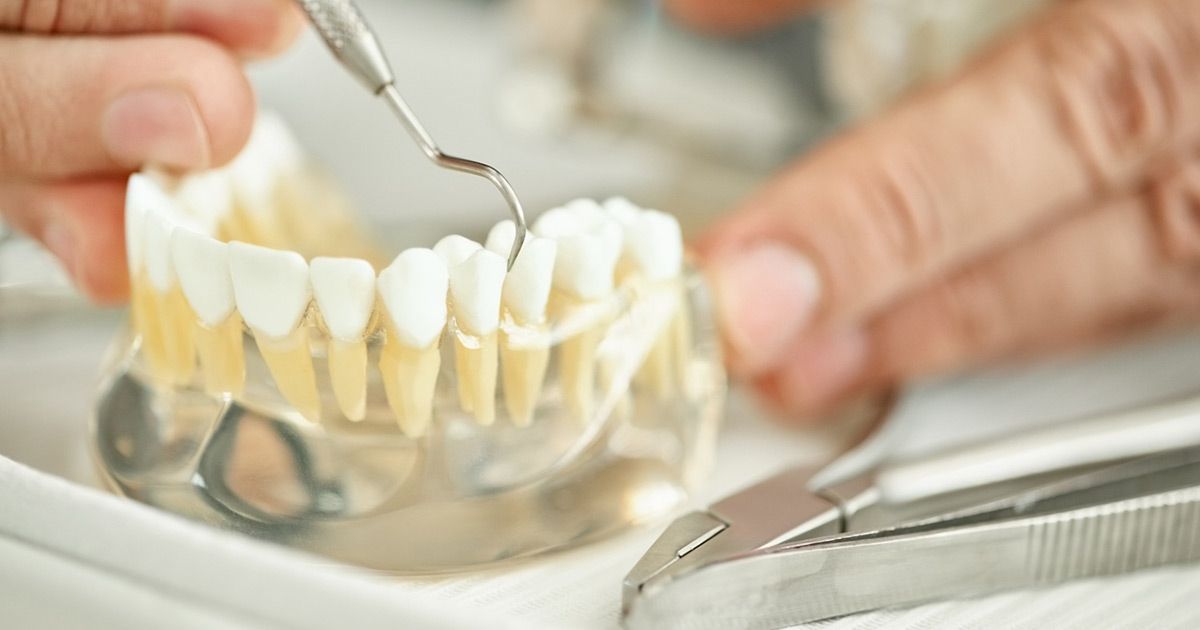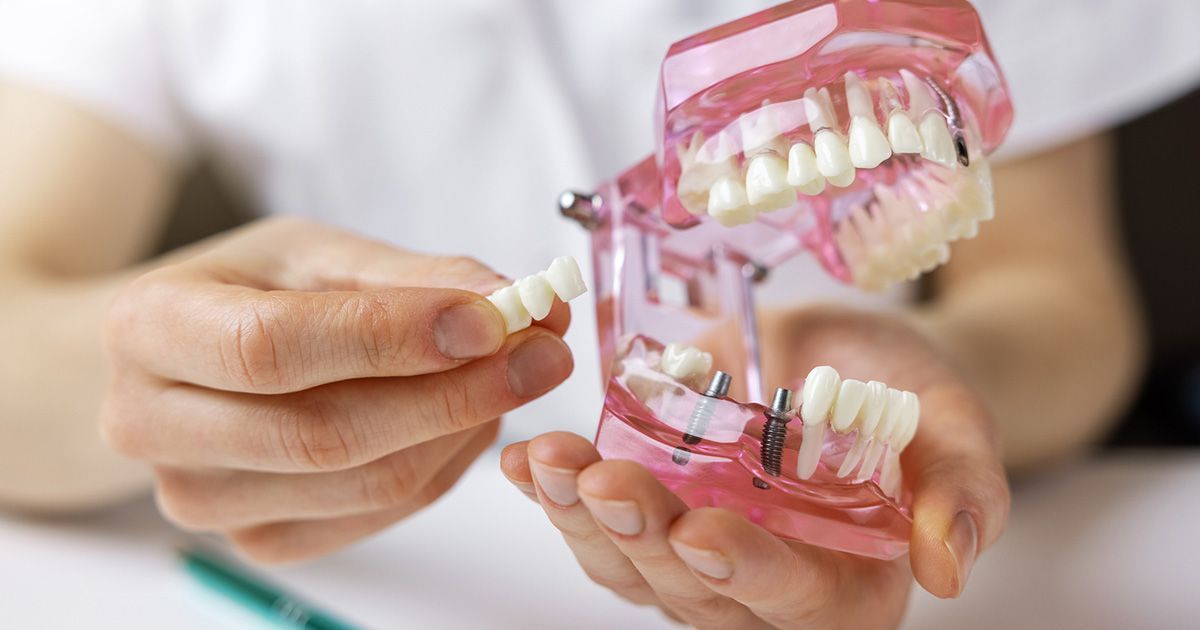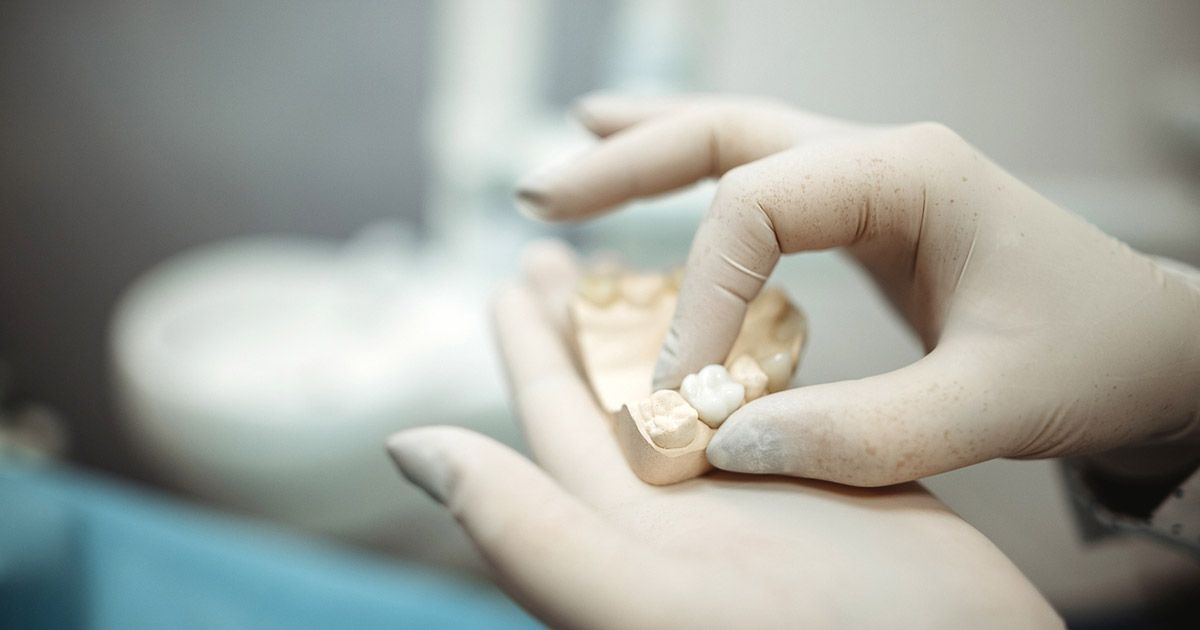How to Prevent Cavities: 7 Daily Habits for a Healthy Smile
Smile On Us • February 27, 2021
Good oral health is essential for total health. We explain how to prevent cavities for a healthy smile with 6 daily dental habits.
Over 90% of people in the United States have had a cavity. And cavities are not just a childhood occurrence, as many adults don't even know they have cavities!
Cavities are detrimental to your oral health and need to be kept at bay. So what are tips for cavity prevention, and how can you maintain a healthy smile?
Keep reading to learn more about how to prevent cavities.
What are Cavities?
Dental bonding is a form of cosmetic treatment that allows the dentist to alter the look of a tooth with ease. The procedure features an artificial resin material that mimics the color of a real tooth. The dentist uses the material to add shape and volume to your tooth.
As the name implies, the material bonds with your natural teeth. Once it bonds, it fills the gaps, spaces, and other problematic areas. However, dental bonding works best if the damage is small or subtle.
Now, you may wonder what issues dental bonding resolves. Firstly, cosmetic dental bonding is perfect for your chipped or cracked teeth. These are instances when one of your teeth is shorter than the rest.
Another problem dental bonding addresses is teeth discoloration. This happens when the whiteness of your teeth changes into a yellowish or brownish color. Sometimes, the discoloration comes in the form of white or dark spots.
Another dental cosmetic issue that dental bonding can resolve is a misshapen tooth. The reasons for a misshapen tooth vary from environmental factors to genetic ones.
Additionally, the dentist can recommend dental bonding as an alternative to metallic or amalgam fillings. This option is for patients that have recessed gums with exposed tooth roots.
How Cavities Progress
Untreated cavities cause a variety of health problems, surprisingly in places other than your mouth. Here's what happens as cavities progress.
If left untreated, cavities cause
- Infection
- Permanent tooth decay or loss
- Gum diseases
- Brittle teeth
- Nerve damage
- Puss
In severe cases, cavities can be fatal because they allow bacteria to enter the bloodstream, which may cause several health issues.
How to Prevent Cavities
Preventing cavities is important to your oral health and overall health. But what are some of the best tips to ensure that cavities stay away?
Here are the best tips for preventing cavities.
1. Health Oral Routine
One of the best steps you can take to preventing cavities is establishing a healthy oral routine. This includes brushing twice a day (or after every meal) and flossing. Be sure to brush with a toothpaste that contains fluoride, which strengthens your teeth, making them less susceptible to cavities.
If you want extra protection, add a fluoride mouthwash once a day, preferably in the evening.
2. Regular Dental Visits
Catching cavities before they become problematic is another important step. This can be achieved by regular dental visits, cleanings, and check-ups.
At these dental visits, your dentist inspects your teeth for cavities and other oral issues. They remove all the plaque or tartar from your teeth, look for any problems, and fix cavities if you have any. While your oral routine at home is the part you play in keeping away cavities, your dentist's part is equally important.
3. Risk Level
Did you know that you might be at high-risk for cavities?
This is something your dentist can discuss with you based on your lifestyle, medical history, and more. Once you assess your risk, you and your dentist can work together to form a plan that will help you avoid cavities as best as possible.
4. Cut Out the Sweets
While those cookies, cakes, sugary coffees, and more can certainly pack on the pounds physically, they also do damage to the teeth. A sweet treat every once in a while won't hurt, but a steady diet of sugary foods does your teeth no favors.
This is because the bacteria in your mouth feed on the sugar and produce acids, which harm and harden your teeth to form tartar. Tartar is dangerous to teeth, making it easier for cavities to form because brushing isn't effective.
Limiting sugary drinks like soda and others by sticking to water. The fluoride in the water is good for your teeth as well.
5. Ask Your Dentist About Sealants
Sealants are a protective coating applied to the back teeth where cavities are more likely to form. They act as a shield against tartar and cavities. Most children receive sealants now as a preventative since they're more prone to cavities, but adults may be able to get sealants as well.
Having sealants is a great way to protect yourself from frequent cavities, but you'll still need to see your dentist
for regular check-ups.
6. Eat Healthy Foods
While avoiding sugary or sweeter foods is a given when preventing cavities, it's also important to fill your plate with teeth-strengthening foods.
Whole foods high in calcium and fresh fruits and vegetables help diminish some of the plaque build-ups on your teeth. They also have vitamins and minerals needed to maintain healthy bones.
7. Stop Smoking
Another unhealthy habit to kick is smoking. Smoking causes lung cancer, but it also increases the bacteria in your mouth. This, in turn, leads to cavities and other health problems.
If you have present cavities, the bacteria from smoking could enter the bloodstream if the cavity is large enough.
Treatments for Cavities
While cavities are the most common type of dental problem, the good news is that they're very treatable and reversible.
Your dentist will use a tool to extract the decay and then insert a filling into your tooth. This filling preserves the tooth, so it's not lost. Despite all the horror stories about drilling and cavities, dental technology is much more advanced to control pain and fear.
Preventing Cavities: You Can Do It!
When you wonder how to prevent cavities, all you need to do is remember these seven steps and integrate them into your life. By maintaining healthy habits and regular dental check-ups, you'll keep your teeth in great condition and avoid cavities.
Do you need to schedule a dental visit? Check out our new patient special! Contact us today
to learn more about the quality dental care well offer.
